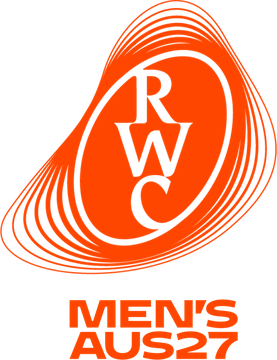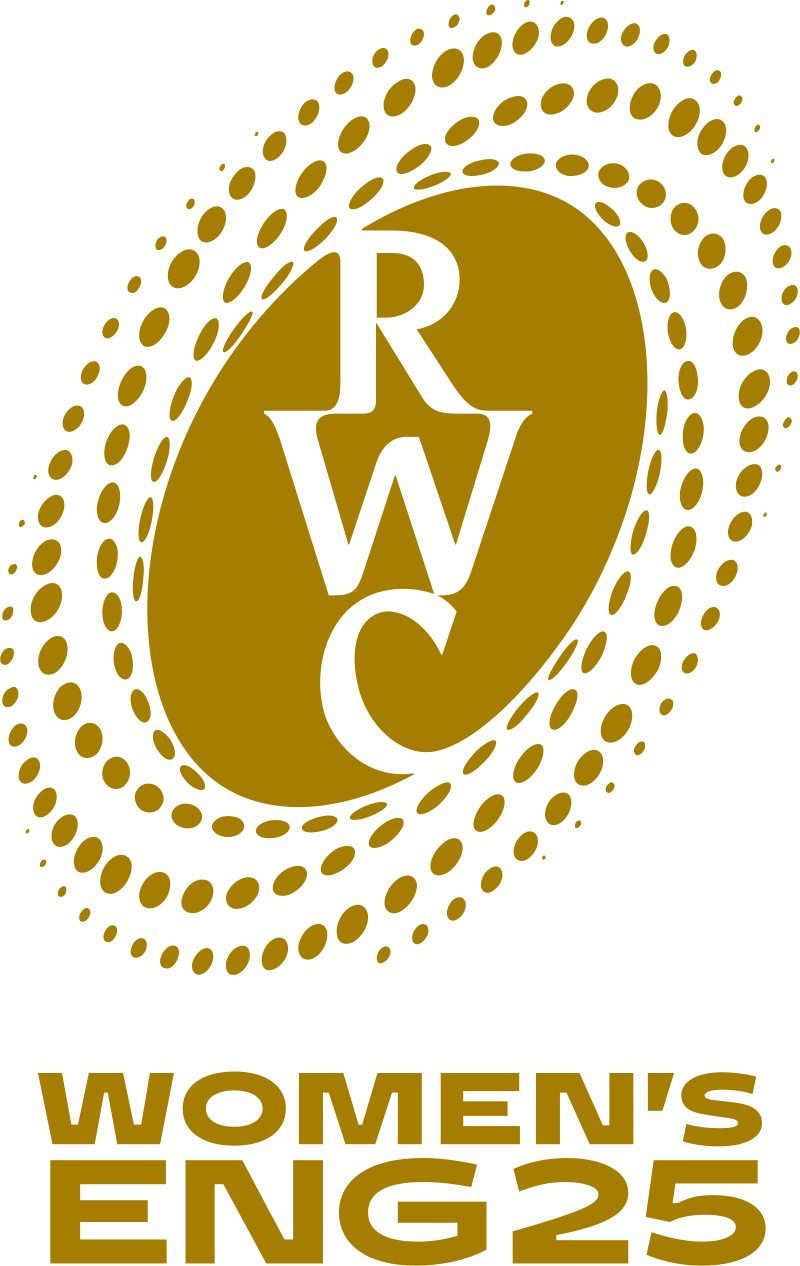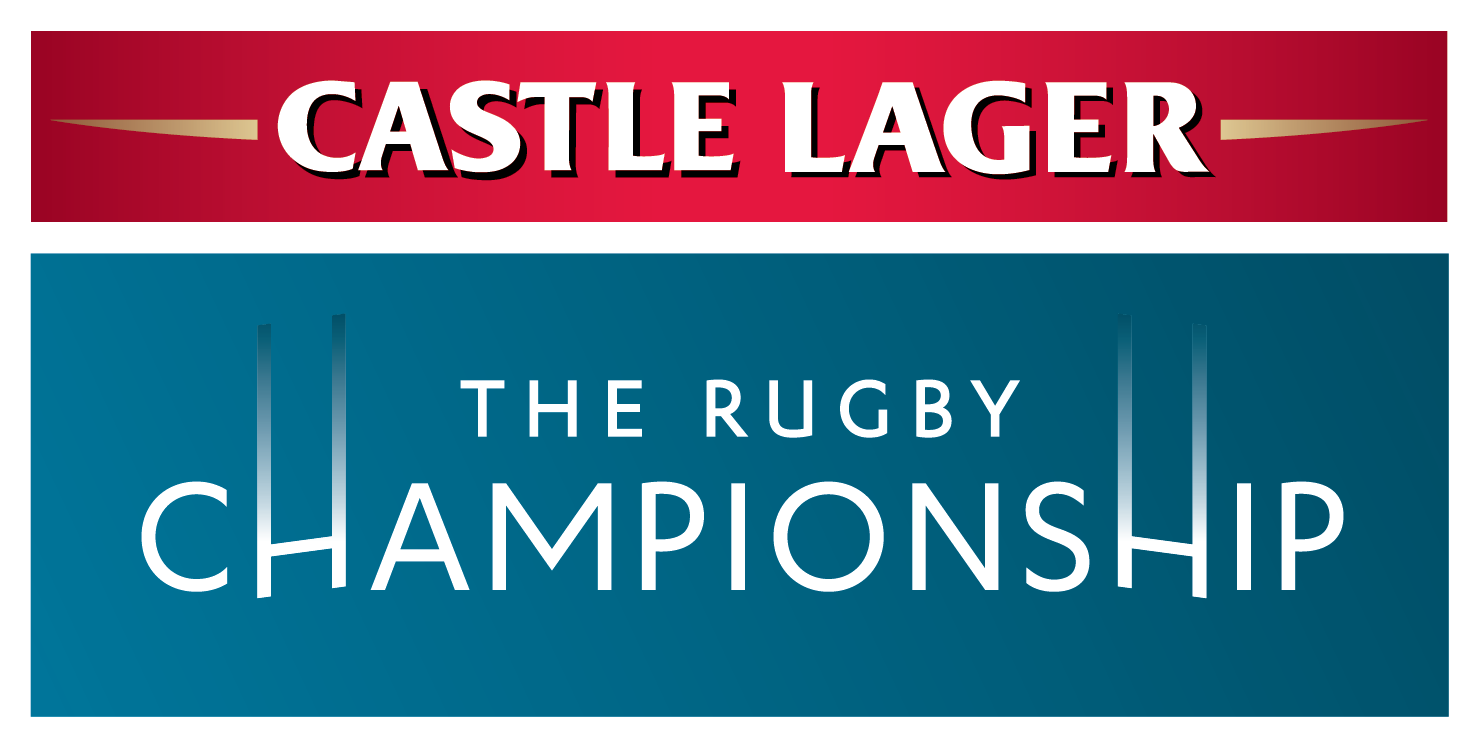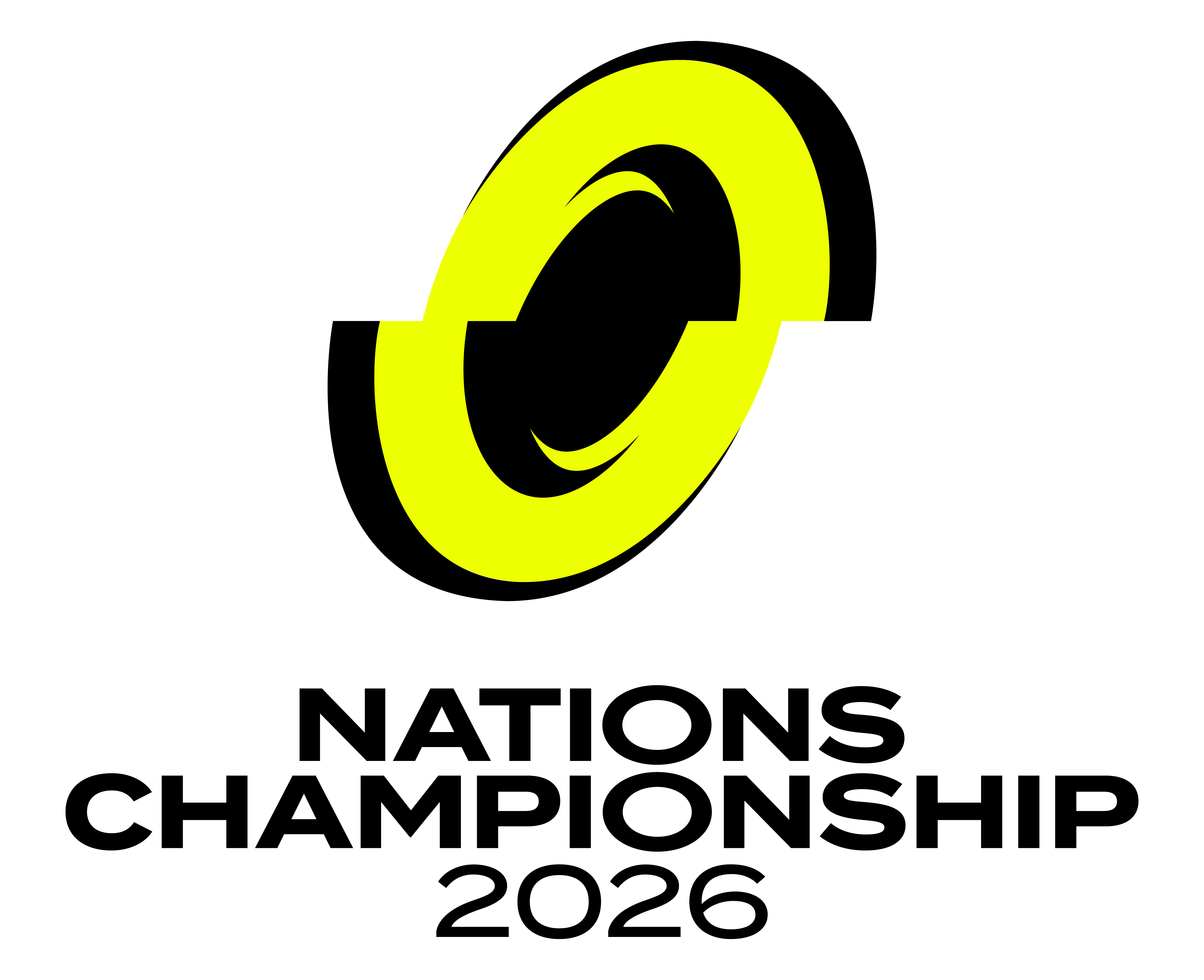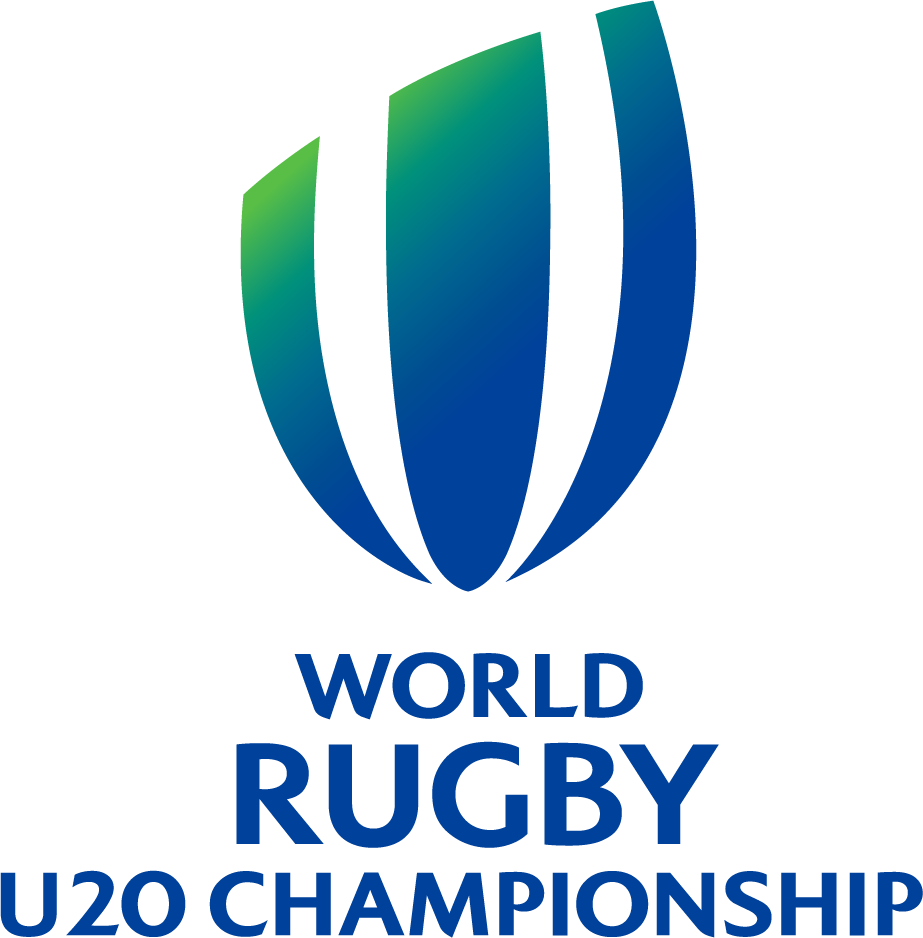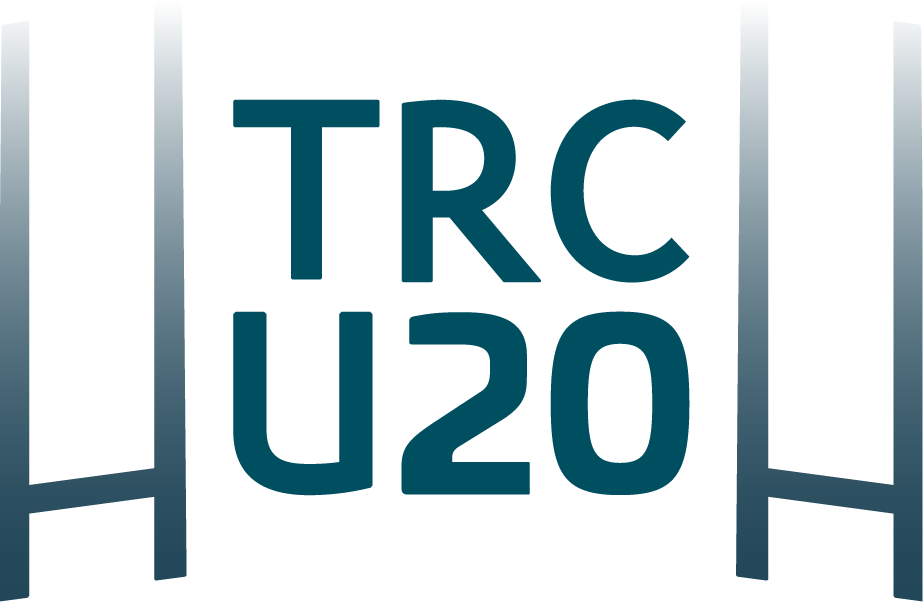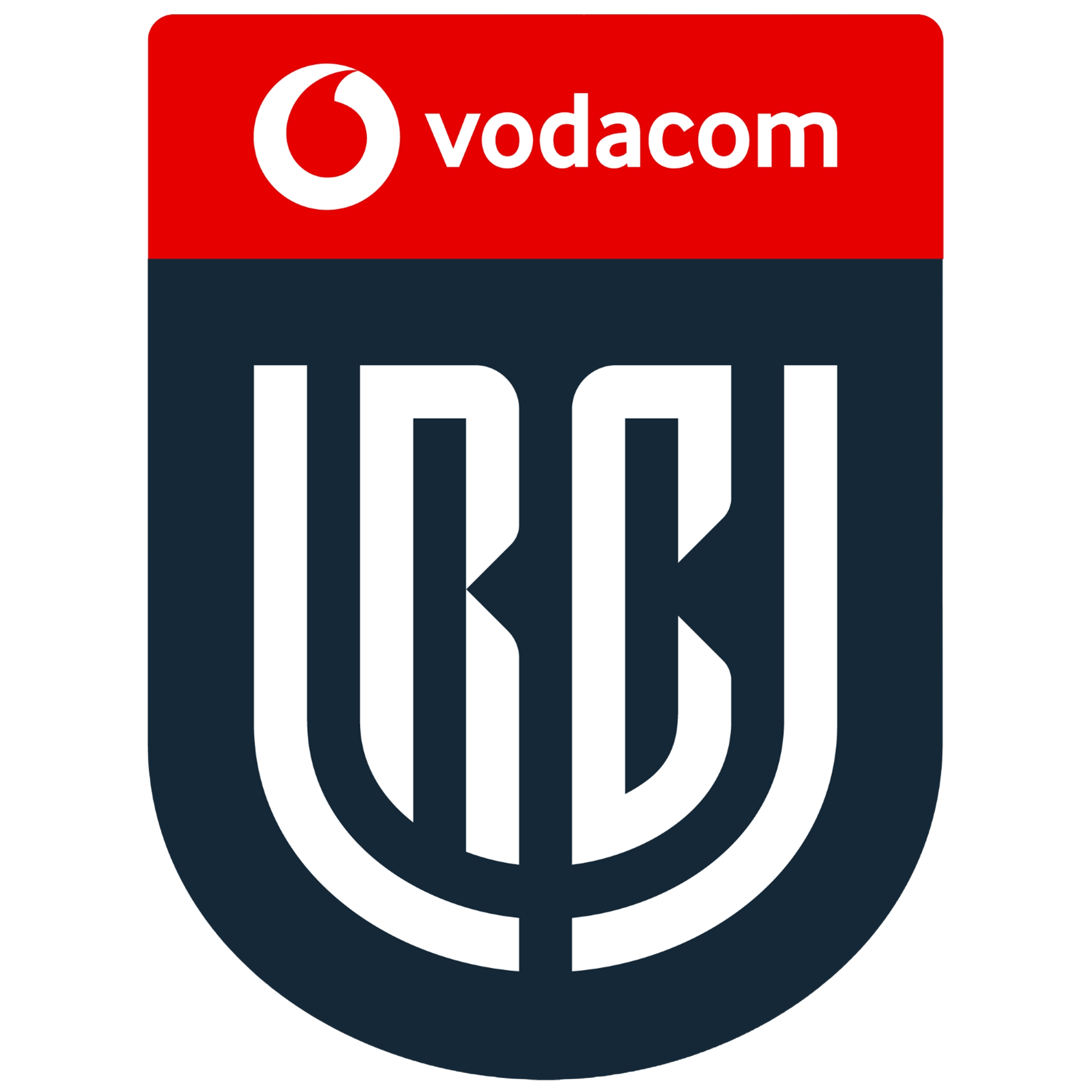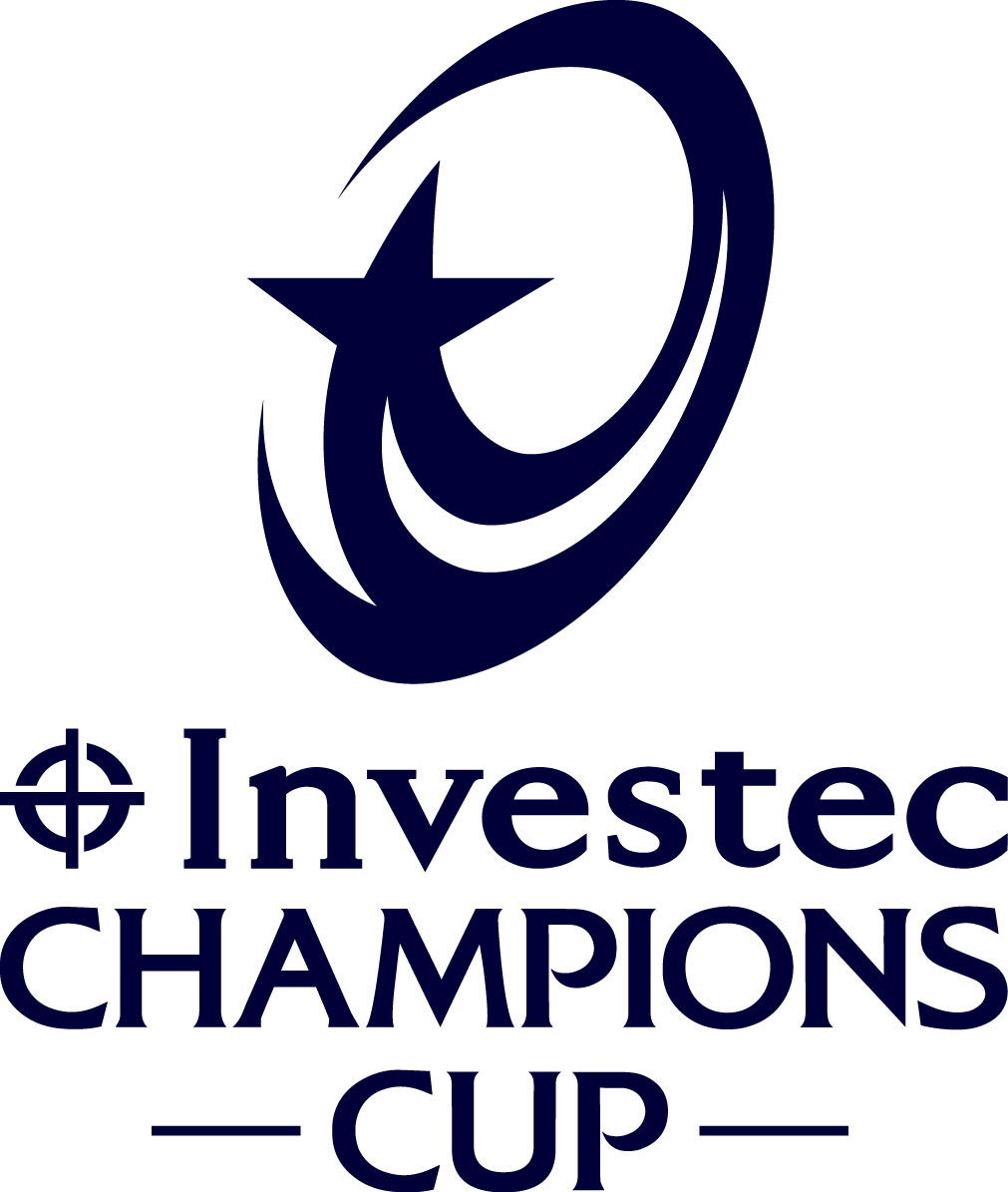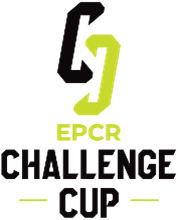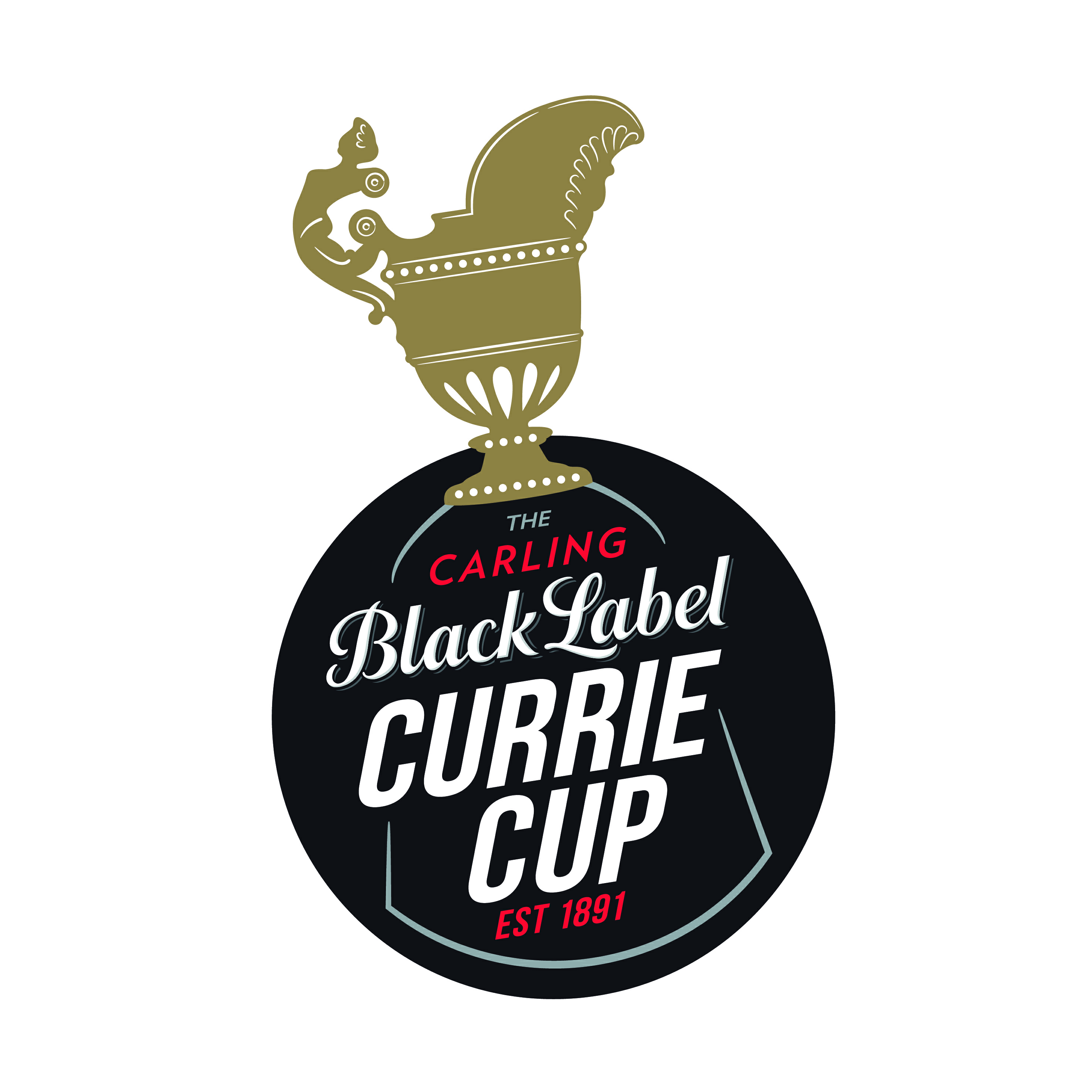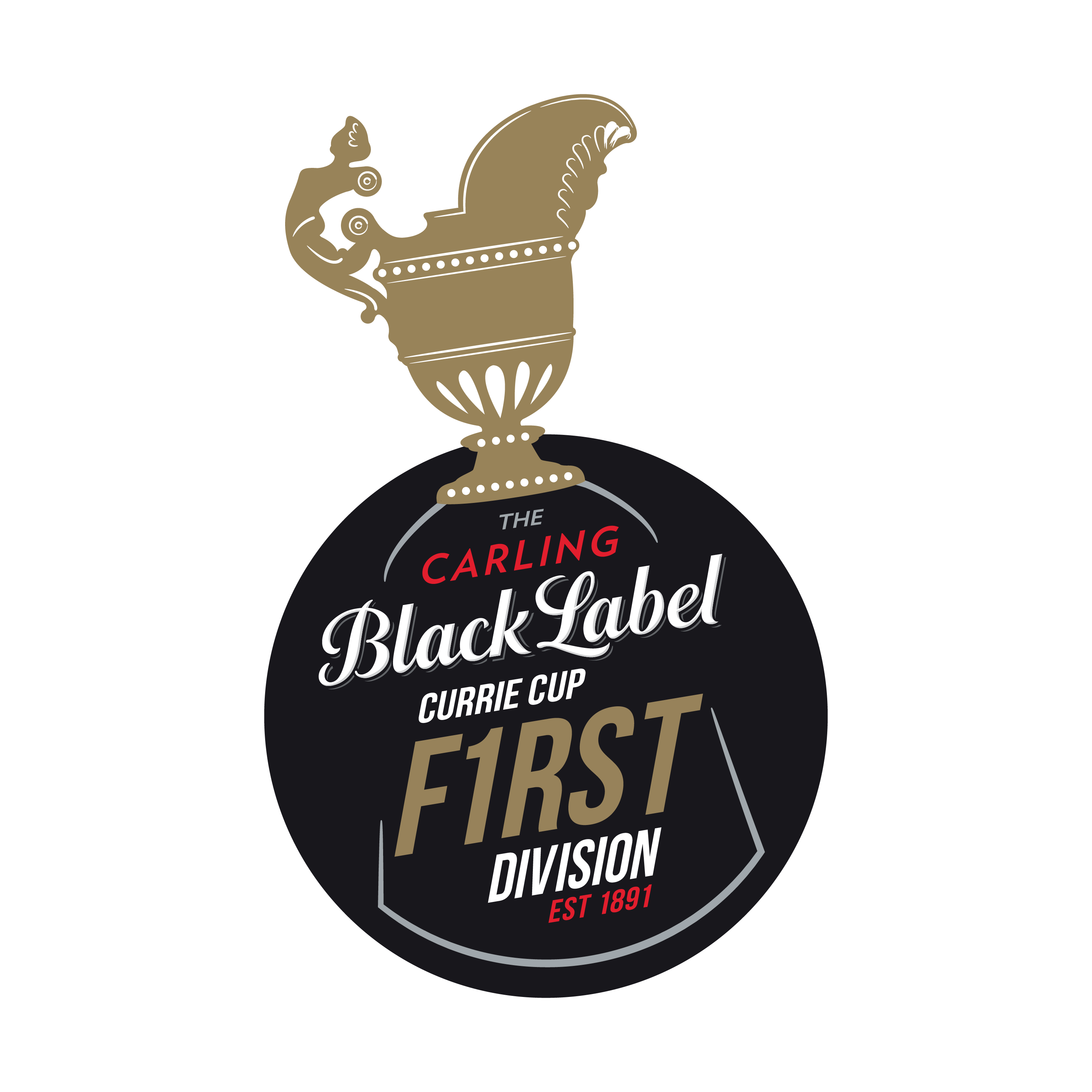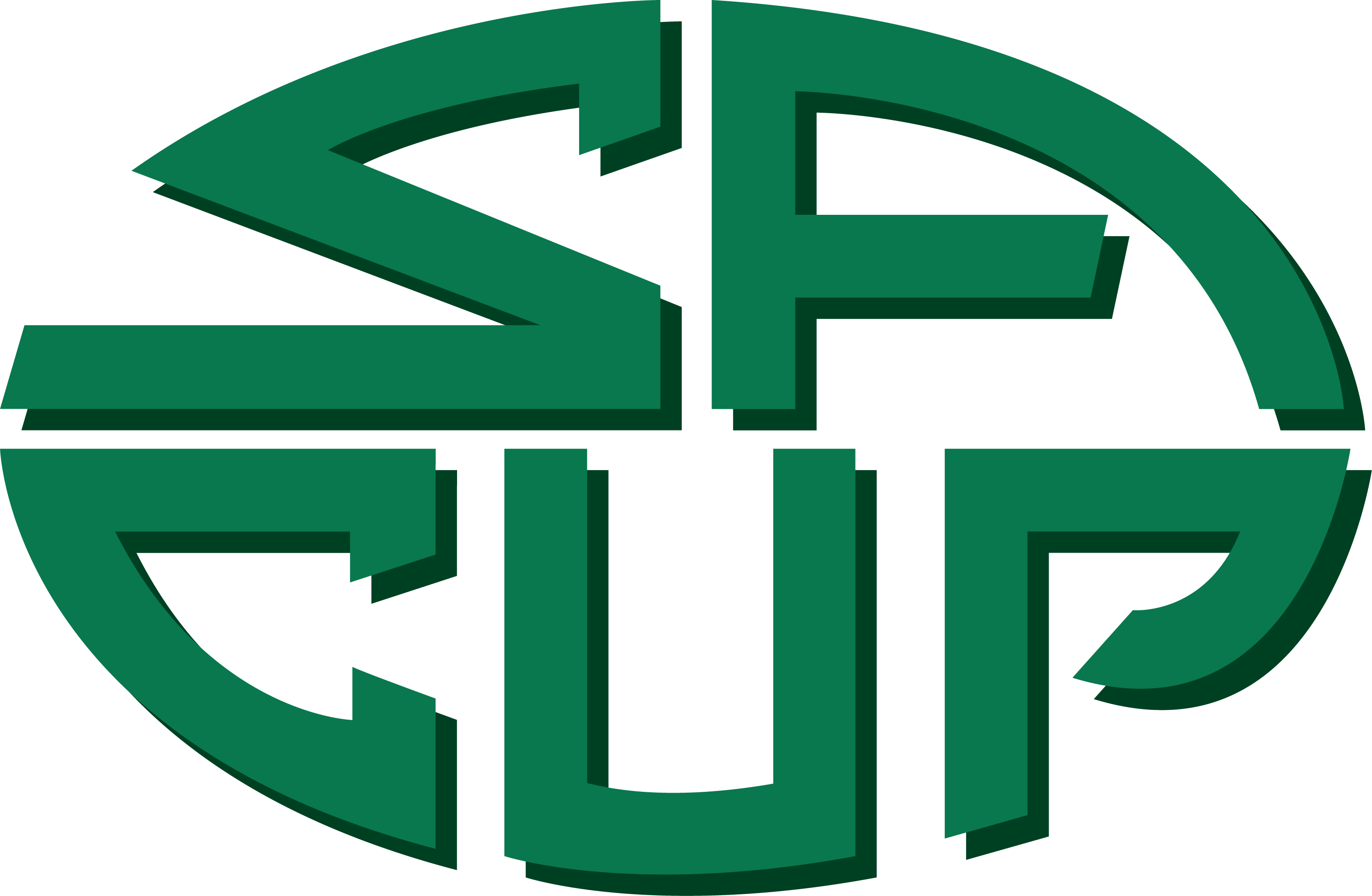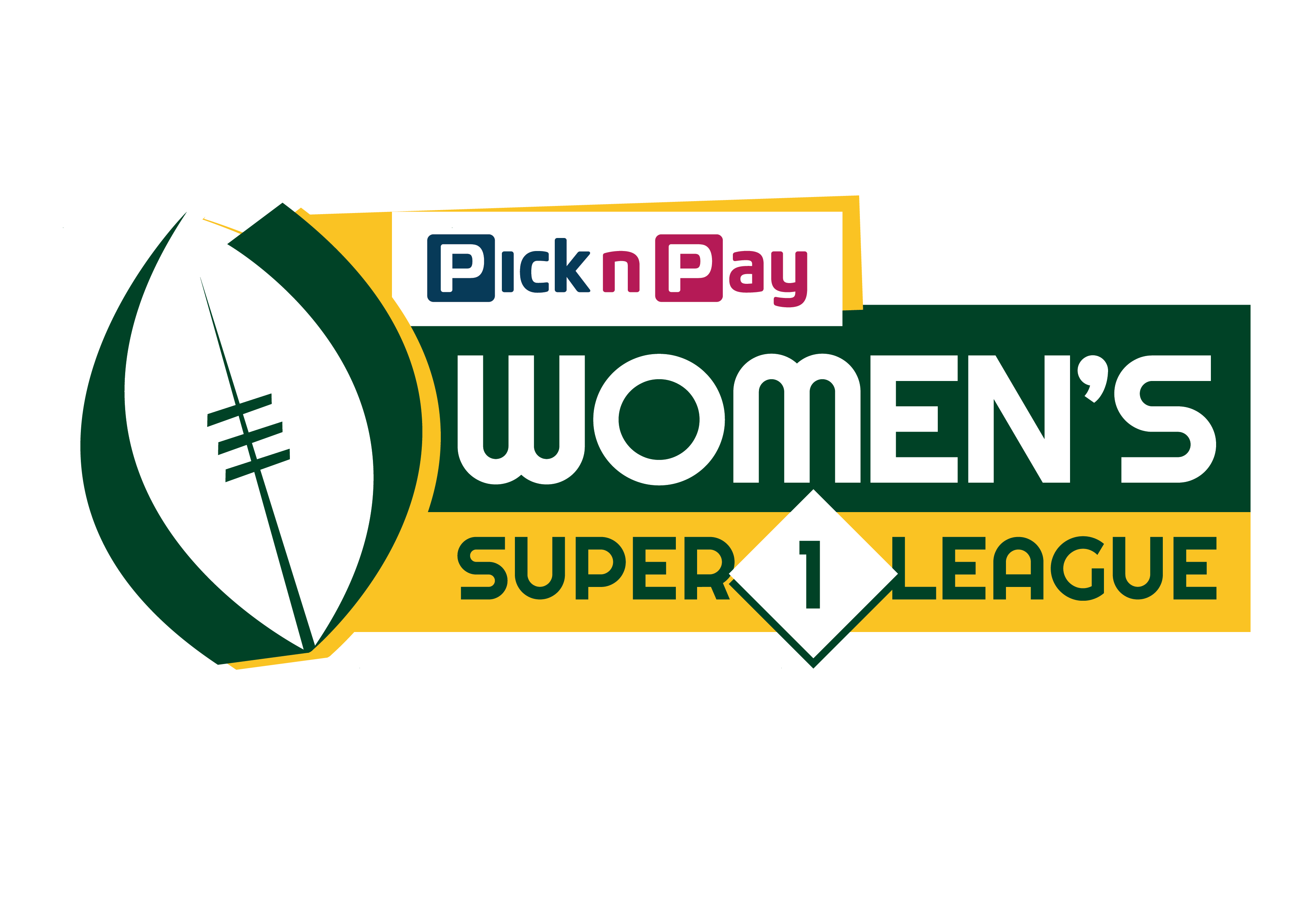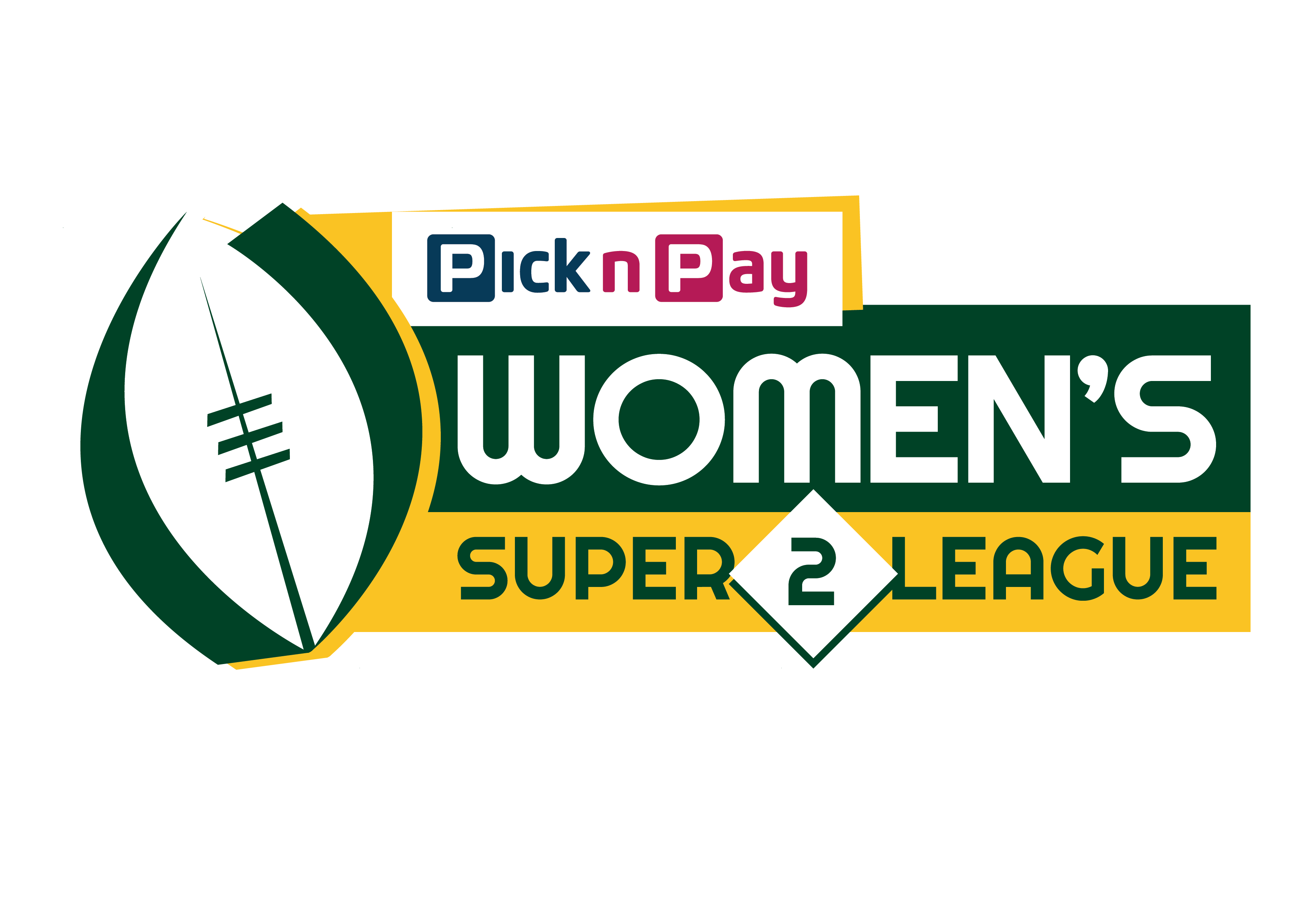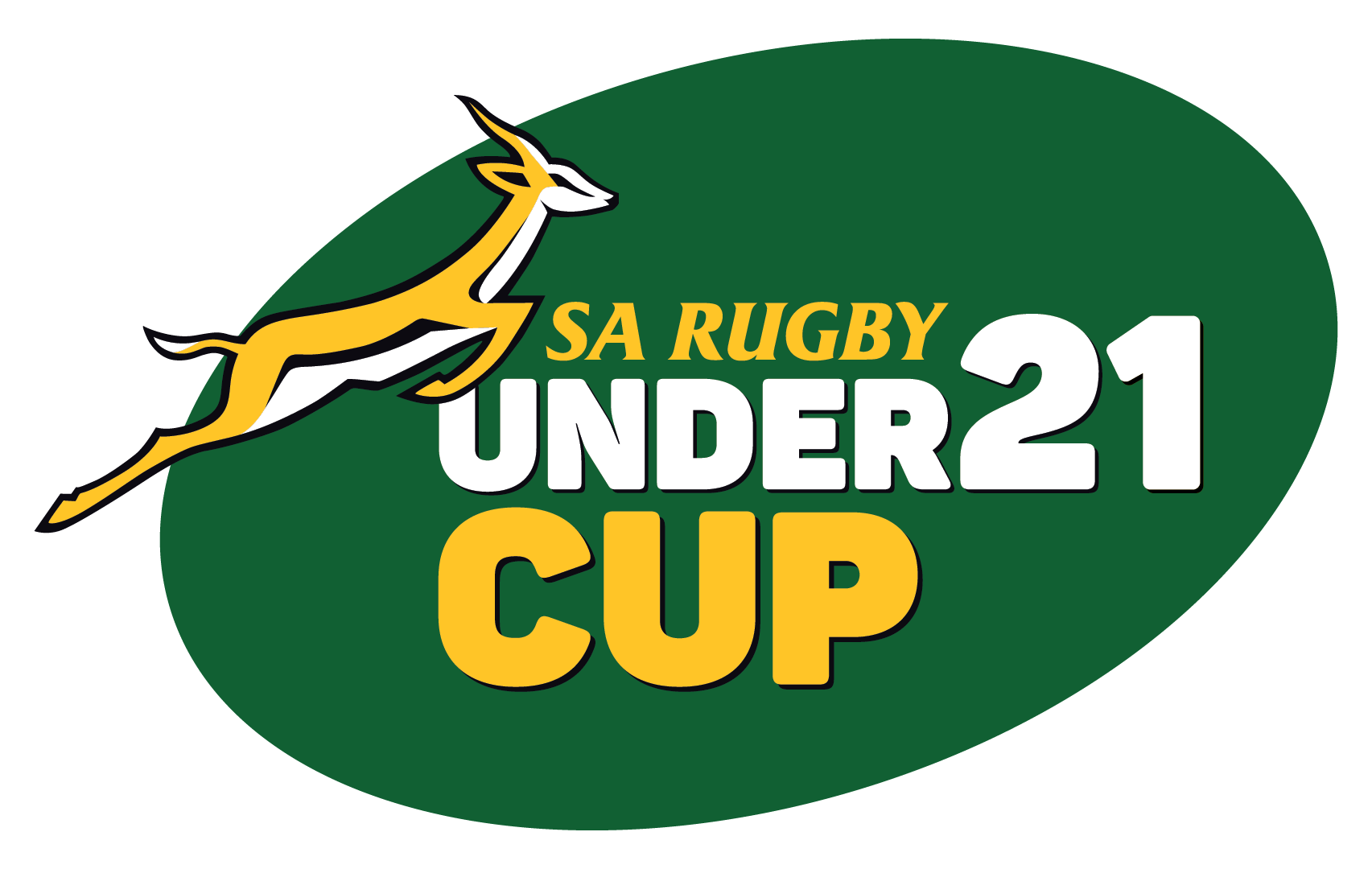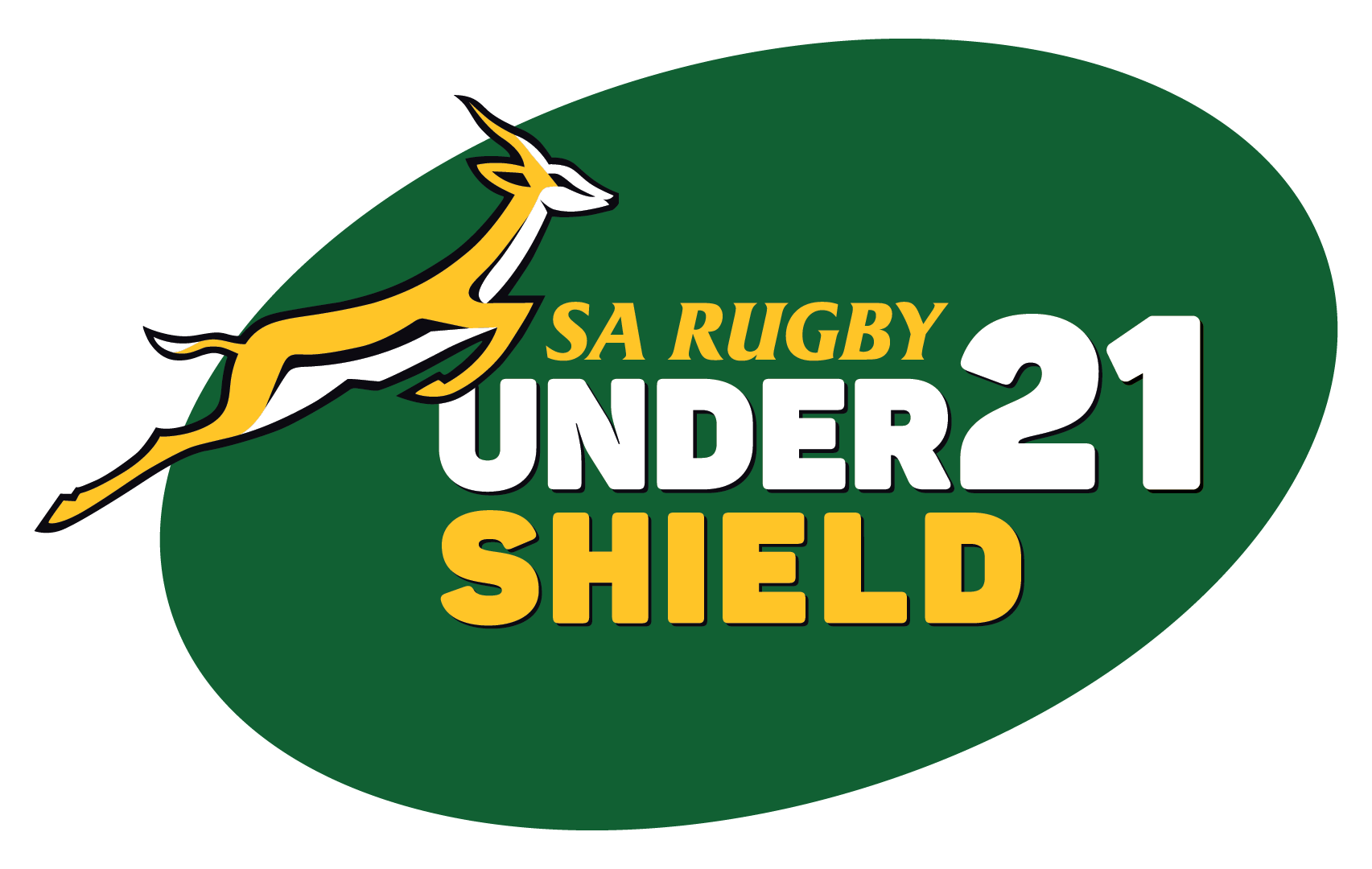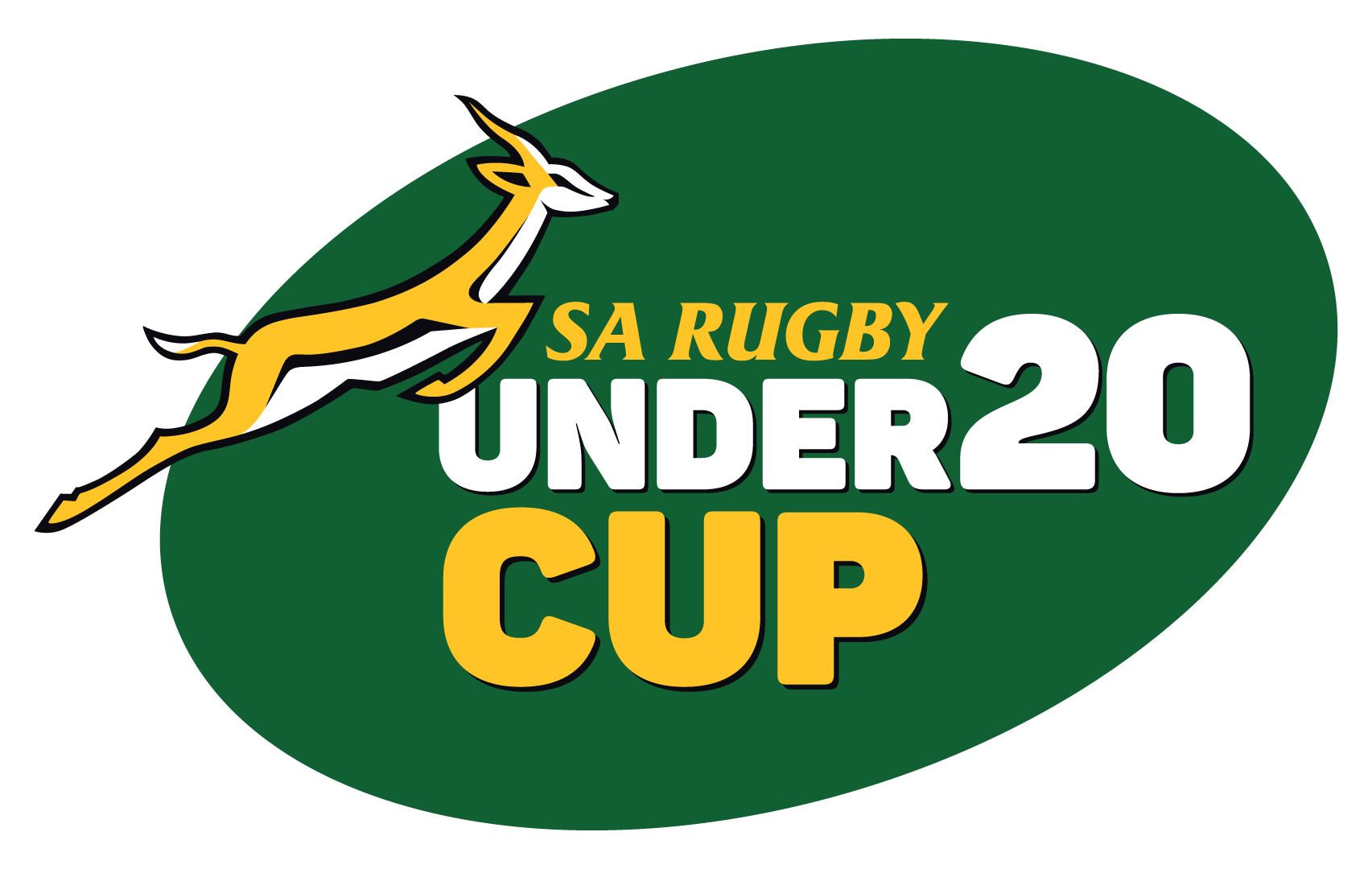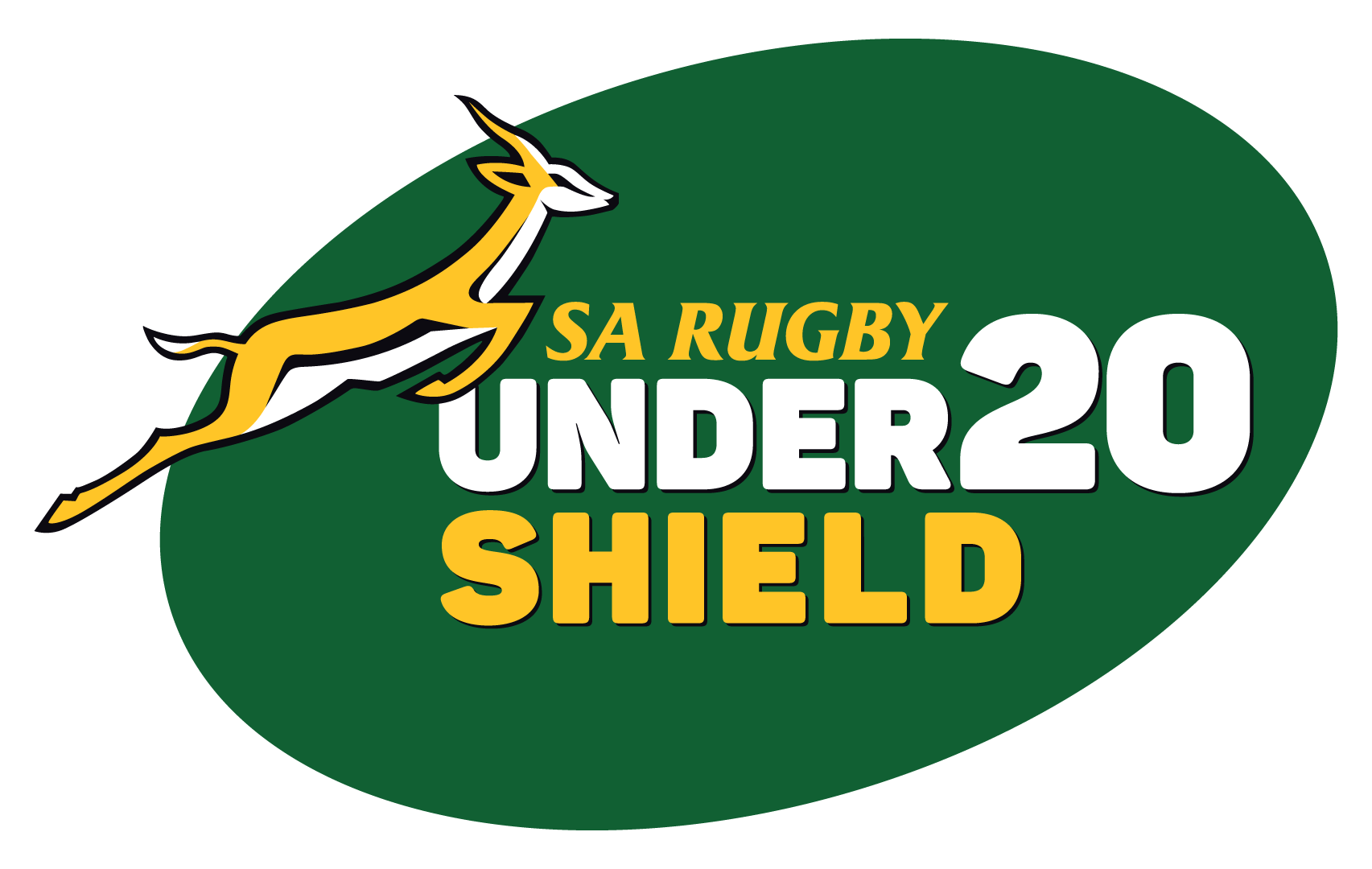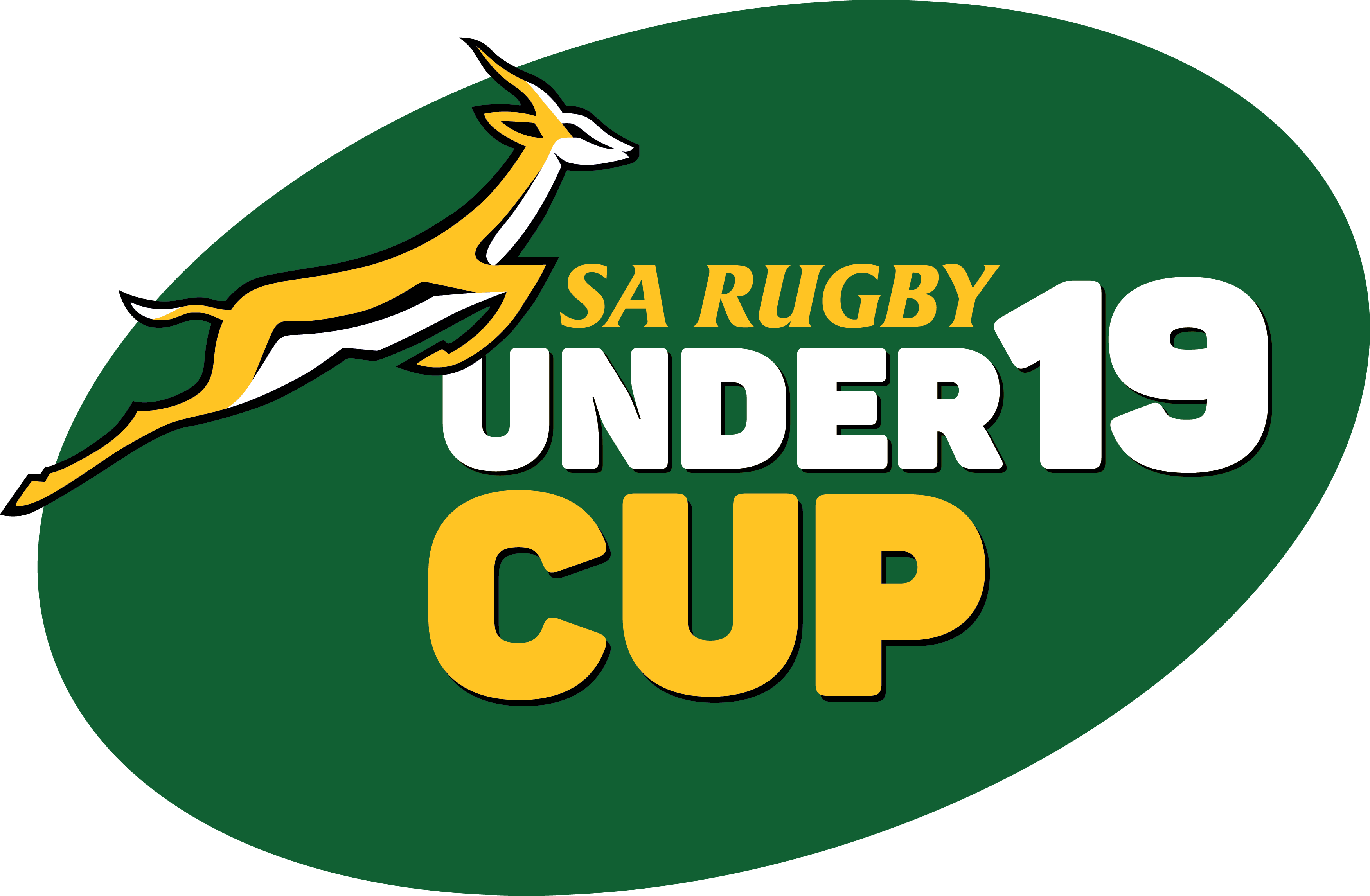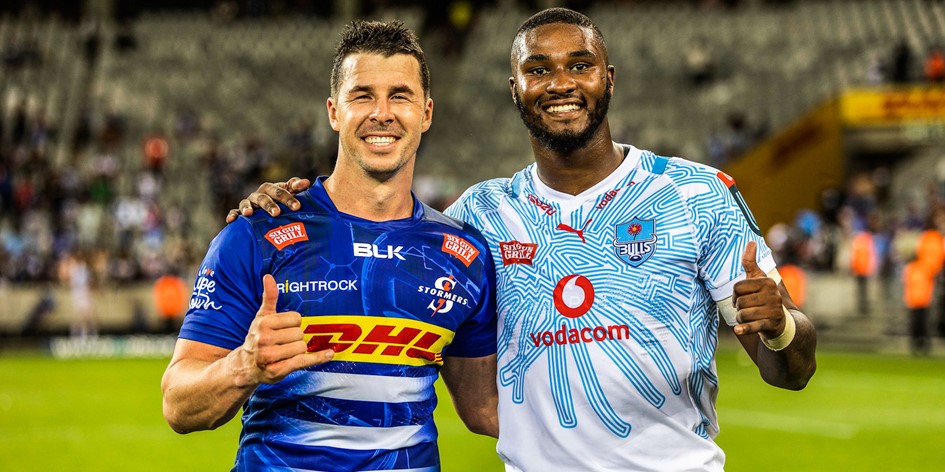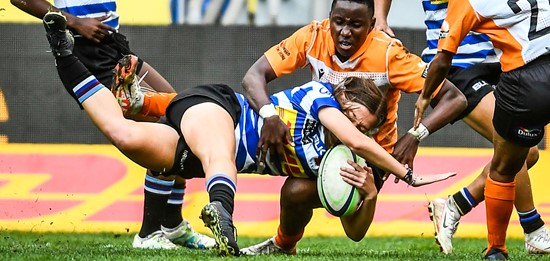Anayi said that the addition of the four SA franchises as the competition transitioned from the PRO14 to the Vodacom URC had worked across every level. He seems enamoured with the professional approach adopted by South Africans in marketing the competition and the sport, describing DHL Stormers coach John Dobson as the archetype of what a rugby person should be.
“In many ways the South Africans have taught us about professionalism and how to be professional, the game has been run along professional lines for longer there,” said Anayi.
This season’s Vodacom URC has already broken most of the previous records even though the season is not yet over and is only this week heading into the Finals Series.
This past weekend’s final and 18th round of the 16 team competition featuring teams from SA, Ireland, Wales, Scotland and Italy saw as many as 11 teams still in the hunt for playoff places at the start of it. The 11th placed team at the start of the weekend, the Ospreys from Wales, defied the odds by sneaking into the playoffs courtesy of their win in the final match of a pulsating weekend in Cardiff.
It meant that for the first time since the PRO14 morphed into the Vodacom URC with the addition of the four SA franchises in 2021 all five nations participating in the unique cross-hemisphere competition will be part of the playoffs. And teams from four nations have qualified for next season’s Investec Champions Cup, with the cut-off point moved to seven teams when the Hollywoodbets Sharks, out of the running to qualify through the Vodacom URC, qualified through the EPCR Challenge Cup.
“It has become a proper pan country competition and we are most proud of that, it is great to see teams from all our different nations making the playoffs,” said Anayi in a media round table at the start of the buildup week to this weekend’s start of the Finals Series.
“We haven’t had that in the previous two seasons. It tells us that the competition is working. We want jeopardy throughout the league. It was a really close run in, it went down to the last game, and to get a Welsh qualifier and Benetton getting in from Italy was great and it shows us we have a strong league. It is not just at the top end but also in the deeper reaches of the league that it is strong.”
Obviously while South Africans will have been disappointed that the Emirates Lions didn’t sneak into the playoffs, as they were poised to do until the Ospreys managed their bonus point win in the Welsh derby, it works for the Vodacom URC to have Welsh and Italian teams involved at the sharp end from a television audience perspective.
When it comes to that, and other aspects of the Vodacom URC from an audience and engagement perspective, the 2023/24 season was another groundbreaking one.
“We have been tracking up on the metrics and breaking things down territory by territory, focusing on audience growth across social media, broadcast and ultimately bums on seats," said Anayi. "Those are the key metrics. We have been working super hard with the clubs to show growth and healthy competition and it appears to be working.
“Our broadcast audience is up 49 percent globally, and in the UK and Ireland it is up 24 percent. Attendances are up 67 percent on last year’s record accumulative audience. Social media is also up, and we are fourth globally on YouTube when it comes to rugby competitions, and that includes the NRL. What it shows is there are more eyeballs on the URC and as a result of that more eyeballs on our clubs and individual brands.
“Our data base provides a good barometer of how many people are engaging. We’ve gone into it in depth and have found that it is up 116 percent from when we started the URC (from the PRO14). There has been a year on year rise and last year’s 34.9 million accumulative audience has already been surpassed and that is before we’ve even seen the figures from round 18.
"There has been growth right across the competition and across the territories. We are on Sky Italy for the first time in a while and that is going well for us, with the Italians obviously enjoying Benetton’s success.”
Anayi acknowledged that South Africans appear to have brought into the Vodacom URC more than the Champions Cup, considered the elite competition in Europe and made up of teams from three leagues - the URC, England’s Gallagher Premiership and France’s Top 14 - but feels there will be greater connection in time.
“We have noticed that South Africans have latched onto the URC ahead of the Champions Cup in terms of audience numbers and match day attendances, but that may be due to the success the country has already attained in the URC,” he said.
“The Stormers' win in the first year, where they beat fellow South African team the Bulls in the final, and then making the final again last year where they lost to Munster, would have helped drive the interest and perhaps that success for SA teams transfers across from Super Rugby. I guess it is just a lot clearer.
“Our job, because I am also on the board of the EPCR and the way it is set up is that the three leagues co-own the Champions Cup as shareholders, is to make it sell because it is in our interests for it to do so. Education is needed in SA on what the two competitions are. You never had that in Super Rugby (the commitment to two competitions).
“Hopefully the Sharks making it into the Champions Cup (by winning the EPCR Challenge Cup) will give it a bit more of a push. SA teams are becoming a lot more competitive in Europe, which is to be expected as they are getting used to it. It is new to them to play in three competitions, as they have the Currie Cup as well. There will become a greater awareness of EPCR in time.”
SA Rugby will become full shareholders in the EPCR next June. Anayi said: “There is a pathway they are on and there is no reason to believe they won’t become full partners (by this time next year). They are effectively treated as full partners already.”







